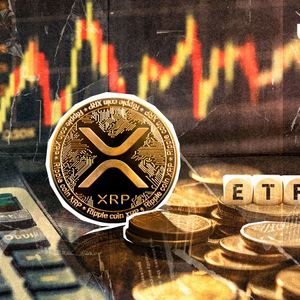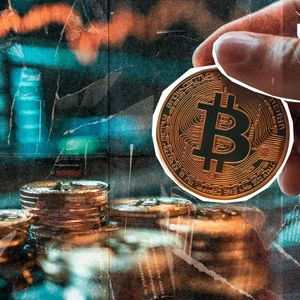India Targets J&K Crypto Transactions Over Money Laundering Concerns
2 min read
The post India Targets J&K Crypto Transactions Over Money Laundering Concerns appeared first on Coinpedia Fintech News India is tightening its grip on crypto once again, and this time, transactions from Jammu & Kashmir and nearby border areas are targeted. The government has asked exchanges to closely monitor these transactions amid concerns over money laundering and illegal funding, reported The Economic Times. This follows a recent attack in Kashmir’s Pahalgam, which has increased tensions and security concerns. Crypto tokens named “Pahalgam” and “Operation Sindoor” also appeared on platforms like Solana. India’s Financial Intelligence Unit (FIU-IND), which tracks financial crimes, has reportedly advised some Indian crypto exchanges to be on high alert for such possible activities. Private Wallet Transactions Closely Monitored The exchanges have been told to monitor the private wallet transactions more closely, as these wallets allow users to send crypto from one person to another directly without using exchanges or custodians. This makes it harder to track these funds, especially if they are being moved for illegal purposes. A source revealed that for now, the focus is on monitoring trades from border areas, and not just regular suspicious transactions. Like banks, crypto exchanges must regularly report Suspicious Transaction Reports (STRs) to the FIU. Over the last year, crypto withdrawal rules have been tightened, asking users for more info about where their funds are going in order to prevent any misuse, given the untraceable nature of crypto. Some Indian crypto exchanges are now verifying if a Binance wallet belongs to the customer before allowing withdrawals. But the real concern is that once the funds reach Binance, they can be transferred almost anywhere. Besides, there are no international guidelines for foreign crypto transfers yet. Meanwhile, SEBI has asked the trustees of Alternative Investment Funds (AIF) to keep an eye on money laundering and terrorism financing risks in their funds.

Source: coinpedia



